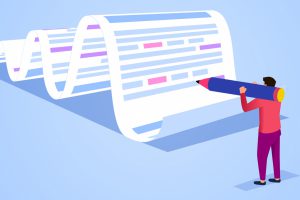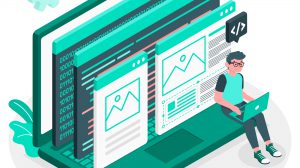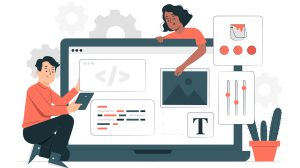It’s undeniable that pursuing a new career path can be quite expensive. For those of us who are in the middle of switching, savings can get used up pretty quickly even before you find the next opportunity.
It’s no different for data scientists who are on the first step of the journey. Thankfully, the internet is a treasure box for learning without the overwhelming costs.
If you have a little more to shell out, you can check sites like DataCamp and Udacity for online courses that can walk you through every topic. There are alternatives like Coursera which offer one-off courses for free if you’re the type to learn best in a classroom setting.
In case you’re looking to take a DIY approach, here’s a detailed learning path for data science.
Python programming
Python is a fundamental skill for anyone who wants to explore the world of data, so it makes sense to put it at the top of your learning list.
Get comfortable with the syntax and running the program. For more points, be on the lookout for common algorithms used by programmers.
Statistics and Algebra
You’ve probably already studied statistics and algebra in earlier education, but it will help to brush up on important topics to help you get a good grasp of data analysis.
Descriptive statistics, in particular, will bring you a step further in understanding data sets.
Numpy, Pandas, and Matplotlib
Mastering the tasks of loading, manipulating, and visualizing data is crucial. You don’t need to memorize every function, but it’s best to familiarize yourself with these tools by using them.
Machine learning
Learn machine learning algorithms and how you can apply it to real-world data. Play around with data, follow ML tutorials, or work with toy-data sets.
Some sites that could be useful for this topic are UCI ML Repository and Scikit-learn.
Production systems
Once you land your first data science job, you’ll be faced with the real challenge of turning data into action. This is where your skills on business’ computational resources will be useful.
Start by learning database manipulation with ModeAnalytics or Codecademy. Once you have that down, you can familiarize yourself with version control. Both are required skills in the corporate world.
Learning a new skill isn’t easy, but with the right push, you’ll soon master these on your own. If you are curious and passionate about finding solutions, then you’re already a step towards becoming a data scientist!











Add Comment